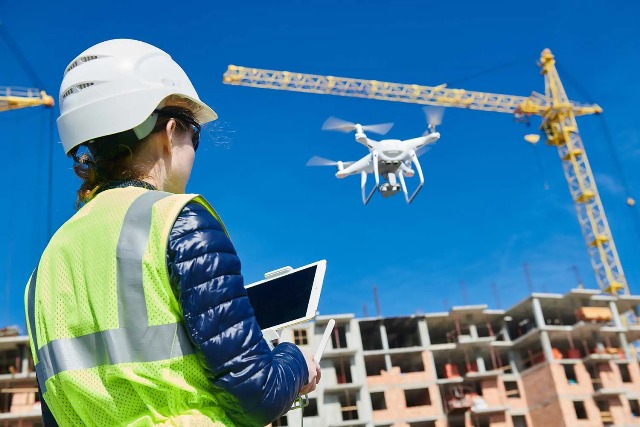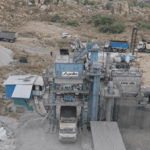Tech trends shaping Indian real estate
by Somil Mathur, Co-Founder, PropReturns
Technology is spreading its roots in all sectors. While real estate is a customer-centric industry, technology has made it more reliable and trustable. Real estate and technology have become interconnected in many aspects. The data-driven approach has made customers cut down on the time spent on decision-making and has helped make transactions more secure.
Technology has also introduced newer investment options like REITs and fractional ownerships that are safe and profitable. It has eliminated the traditional paperwork system and has replaced it with a systematic and smart approach to store data and increase authoritativeness among the consumer base. There is a lot that has changed in real estate in the past decade in terms of technology giving rise to Proptech i.e. that is property technology.
Tons of activities that take place in the industry on a daily basis are now being recorded, and optimized with the help of AI-powered systems. Let’s have a look at what all technology that is included under the proptech umbrella and its effects on the real estate sector.
-
Software as a service, also called SaaS, is a type of service delivery where software is licensed, usually on a subscription basis, and centrally hosted, usually by the software provider, with technology from companies such as Amazon Web Services, and Microsoft Azure, and Google. In simpler words, they are applications that do not need any difficult software management and are user-friendly to meet the different needs of the consumer. SaaS in real estate has made things easier in terms of buying, selling and renting properties. With SaaS, security systems like digital locks and passwords can be implemented to keep data safe, and it is helpful to locate, and analyse a property.
-
Smart building materials are useful to respond to environmental changes and have the ability to make structures immune to strong harsh conditions. Smart materials include- shape-shifting metals, smart concrete, transparent metals and much more. Newer experimental materials such as smart concrete contain dormant bacteria and when they come into contact with stimuli like water, they create limestone, filling up the cracks and thus creating a self-healing repair mechanism. In comparison, ordinary concrete just starts to collapse over time, causing threats to a building’s structure. Shape shifting metals are another example; they work well to revive the shape of metals that have deformed due to excess heat.
-
Drones and robotics- This amazing technology has helped remote property buying. Drones help to get a full-fledged bird’s eye view of a property. Additionally, autonomous or remote-controlled robots also help home buyers to get a detailed view of every room of a house and get information about the area and footage. Some high technology-powered robots even answer the questions of the consumer and solve certain queries. This has made property tours more accessible and simpler and less dependent on physical visits.
-
Blockchain- Blockchain has helped enhance transparency and efficiency in real estate investments. This is especially true in commercial real estate, where big-ticket transactions are frequent and complex. Blockchain acts as a support system to every aspect of fintech. By removing many of the inefficiencies in the key processes of buying, leasing and selling, it has evolved and upgraded the industry, brought up liquidity and has played a huge role in eliminating third-party involvement in the management.
-
AI VR IoT (AI Artificial intelligence, VR – Virtual reality and IoT- Internet of things). All these three aspects are interconnected. These have created a great impact on user experience in the real estate industry. Artificial intelligence helps give intelligent solutions for a myriad problems that a user faces while using the Internet of Things or Saas. VR uses a combination of hardware and software systems so that a user gets a 3d view/experience while interacting in the virtual world, for example, metaverse real estate is a real possibility due to virtual reality.
- BIM- Building Information Modelling (BIM) is the holistic process of creating and managing information for a built asset. Based on an intelligent model that is enabled by a cloud platform, BIM integrates structured, multi-disciplinary data to produce a digital representation of an asset across its lifecycle, from planning and design to construction and operations.
Real estate, like every other industry, will continue to witness positive technology-led disruption, turning the previously impossible scenarios such as metaverse real estate into a reality. To keep up with the pace of change, all stakeholders in this industry, whether it is developers, builders or brokers or even customers, need to adapt to technology and understand that tech-led features are here to stay and will bring about greater collaboration, transparency and benefits for all parties involved.
Related Posts
















